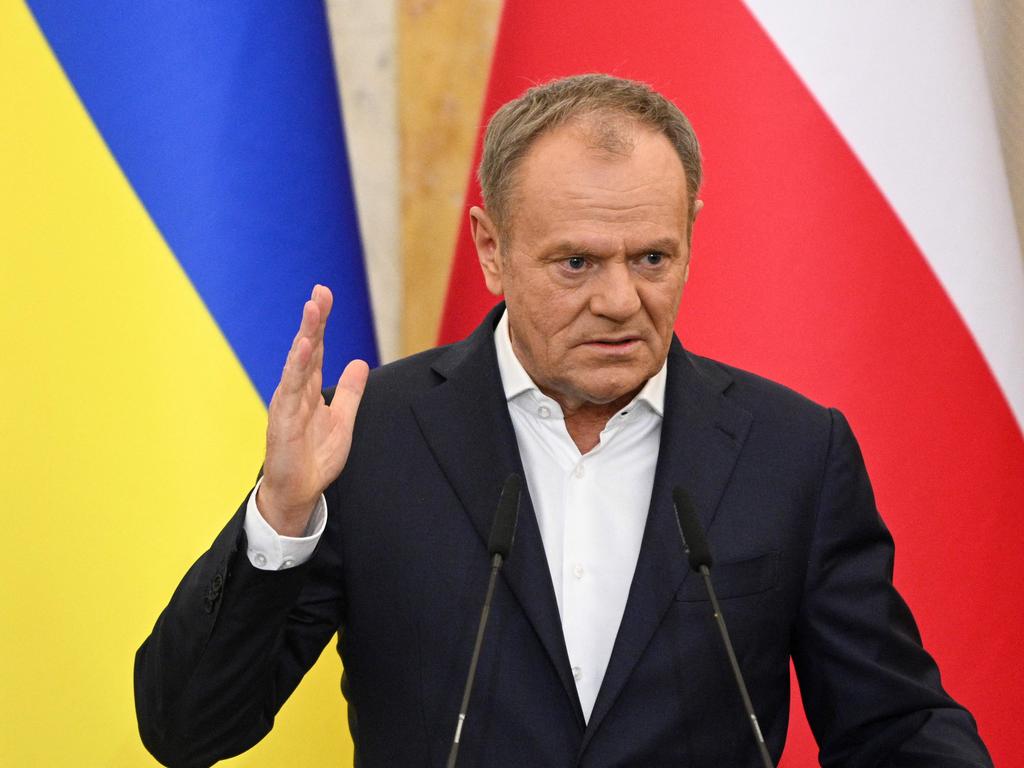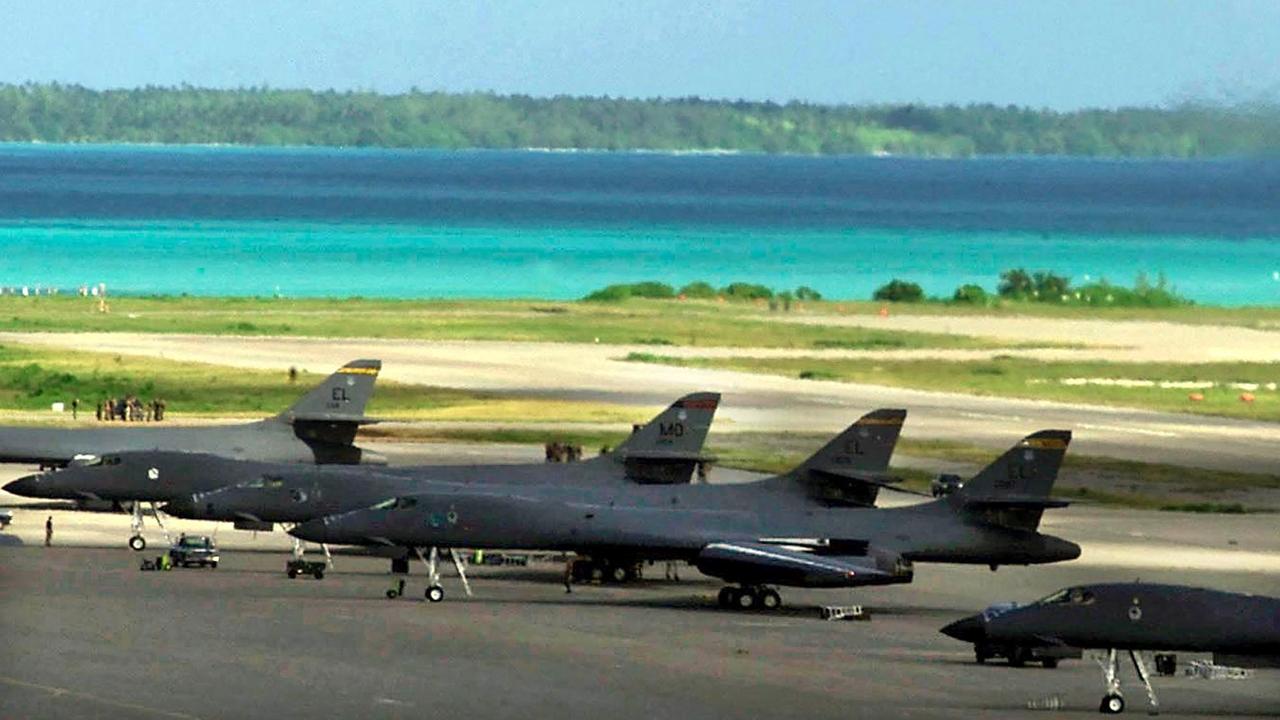A richer Asia ‘will double’ world economy: CEBR
The global economy is on track to double in size in nominal terms over the next 15 years, with growth fuelled by poorer nations catching up with richer ones, according to forecasters.

The global economy is on track to double in size to $US221 trillion ($354 trillion) in nominal terms over the next 15 years, with growth fuelled by poorer nations catching up with richer ones, according to forecasters.
Rapid growth in Asian countries such as Indonesia – which is projected to be the world’s 10th-largest economy by 2039, overtaking both Italy and Spain – is set to drive the global economy.
Researchers at the economic consultancy Centre for Economics and Business Research said Bangladesh was poised to become the 21st-largest economy over the next decade and a half, up from 37th, while The Philippines and Vietnam would climb to 23rd and 25th, respectively.
Britain’s GDP is on course to be 25.2 per cent larger than France’s by 2039, up from 13.7 per cent this year. Although the UK economy will still be 19.8 per cent smaller than Germany’s in 2039, this difference is projected by the CEBR to narrow from 30.7 per cent.
In nominal GDP terms, Britain would remain as the world’s sixth-largest economy until 2039, the CEBR said, but it added that, on a GDP per person basis (a gauge of living standards), it would rank 21st out of 189 countries, lagging countries such as the US, Germany, Ireland, Norway and Luxembourg.
UK Prime Minister Keir Starmer has told voters to judge the performance of his government across the five-year parliament based on improvements in living standards and headline economic growth.

The findings from the 16th edition of the CEBR’s World Economic League Table report claimed that India would continue its ascent to becoming one of the world’s economic superpowers, surpassing G7 members Japan and Germany in the coming years.
CEBR senior economist Pushpin Singh said: “On track to become the world’s third $US10 trillion economy by 2036, India’s rise is driven by its growing middle class, structural reforms, and targeted investments in infrastructure and green energy.”
Stimulus measures launched by the Chinese Communist Party, including cutting key interest rates and supporting the country’s stockmarket, would aid growth in the short term, the CEBR said.
However, “ongoing challenges in China’s property sector and subdued domestic demand” would result in the country not overtaking the US as the world’s biggest economy in the next 15 years.
CEBR managing economist and forecasting lead Sam Miley said: “China’s economy is grappling with significant challenges, including a slowdown in domestic activity, persistent deflationary pressure and the weight of demographic shifts. While recent stimulus measures aiming to enhance long-term resilience have been implemented, their near-term impact appears limited without more robust fiscal intervention.
“We do expect China to eventually claim the top spot, though structural and demographic constraints suggest its tenure as the global economic leader will be brief.”
The global ranking of Argentina, which is grappling with fiscal consolidation and hyperinflation, is set to drop to 27th by 2039, from 23rd in 2024. President Javier Milei has set about trimming government spending and the size of the state sector since he won the general election last year.
The CEBR said that, in 2039, the economy of Tuvalu, in the South Pacific, would be the world’s smallest.




